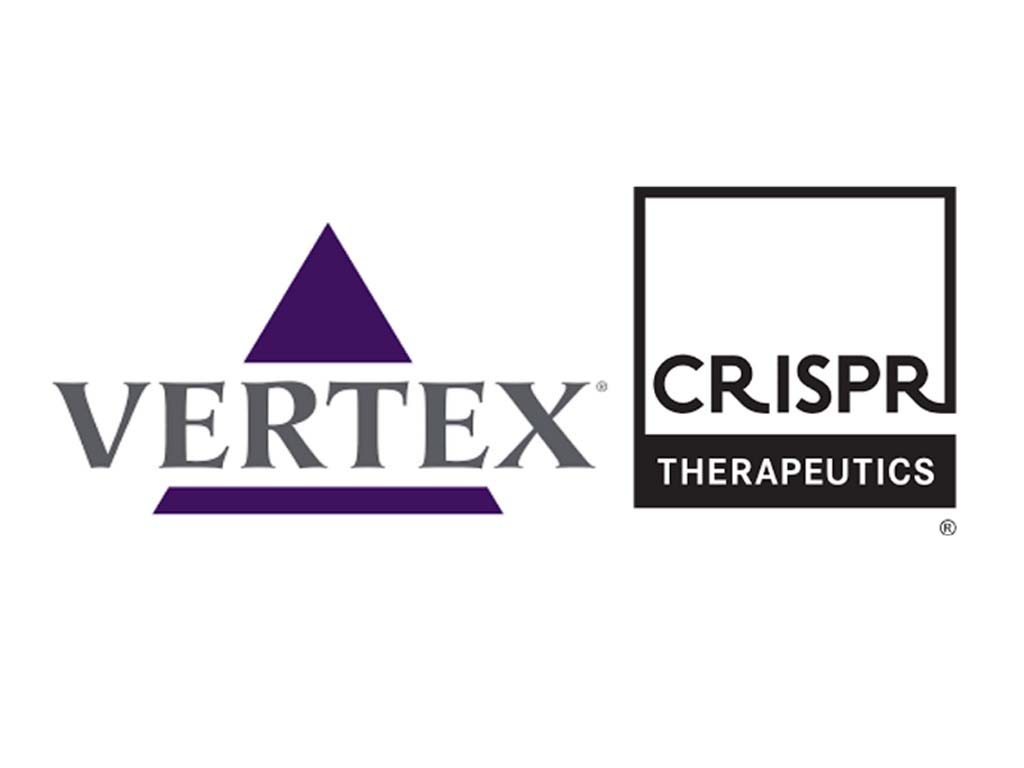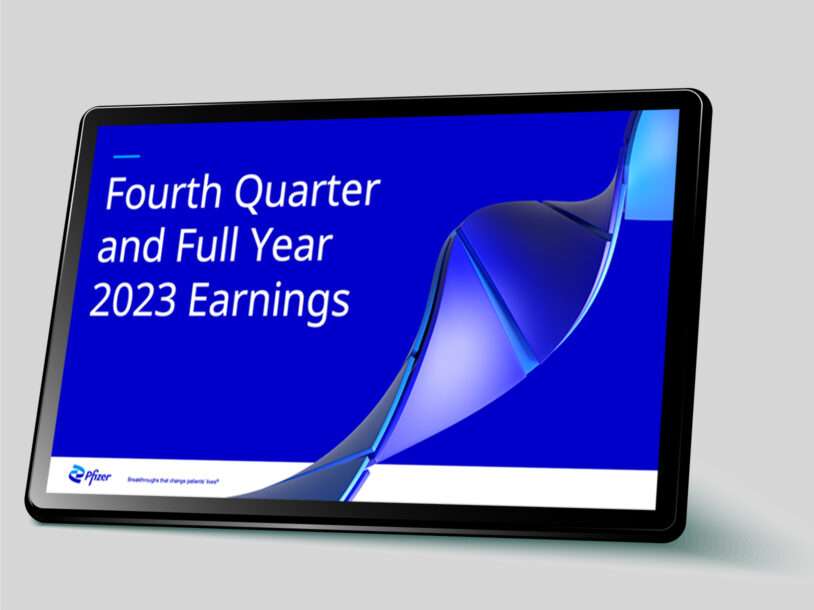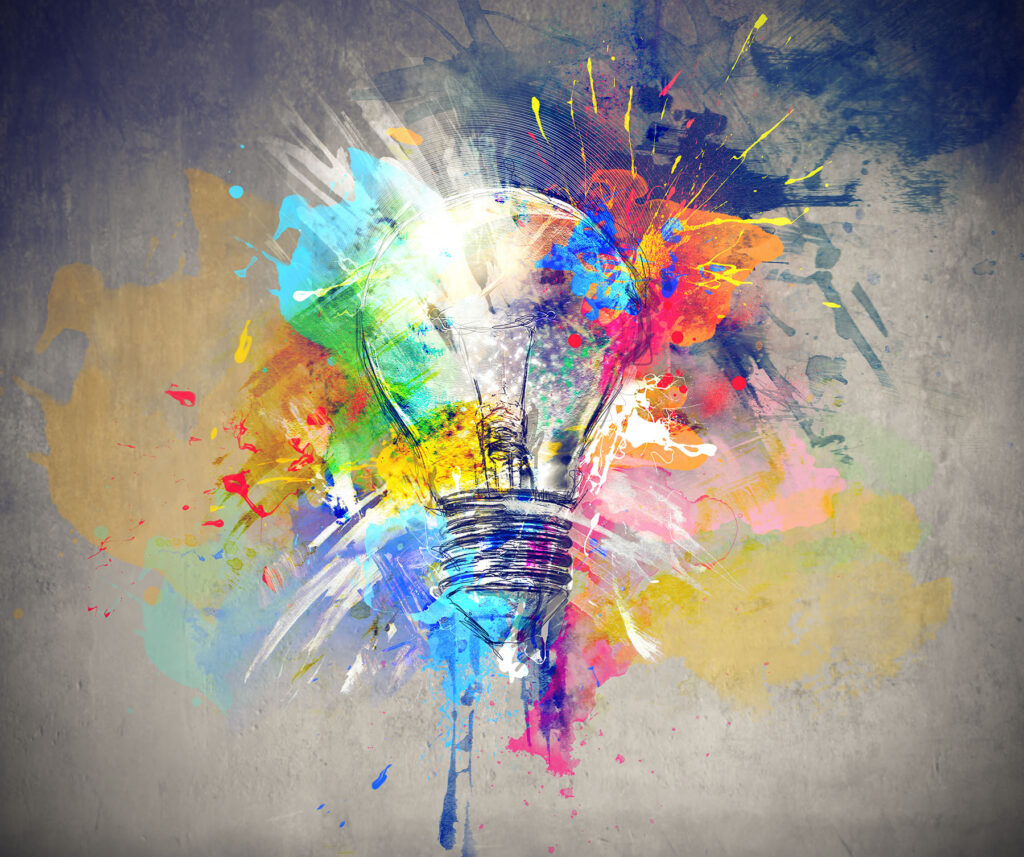Artificial intelligence (AI) is fast revolutionizing the marketing industry, giving businesses novel tools and methods to engage with customers and drive growth. One recent and popular example is ChatGPT, an AI-powered chatbot that replicates human-like interactions and is transforming how businesses connect with consumers, is one of the most recent advancements in this industry.
Outline
ToggleChatGPT and the Future of Marketing
ChatGPT is based on the OpenAI-developed Generative Pre-trained Transformer (GPT) language processing model. This model uses deep learning to create human-like replies to user input, allowing ChatGPT to speak with users in a natural, conversational manner.
What distinguishes ChatGPT is the magnitude of its dataset. Most chatbots are trained on a limited dataset that is designed to answer specific queries and perform certain activities. In contrast, ChatGPT has been trained on an extensive dataset of 175 billion parameters of information. This allows it to perform a wide range of language-related tasks across various disciplines and businesses.
So, how does ChatGPT fit into marketing? These are some examples of potential applications.
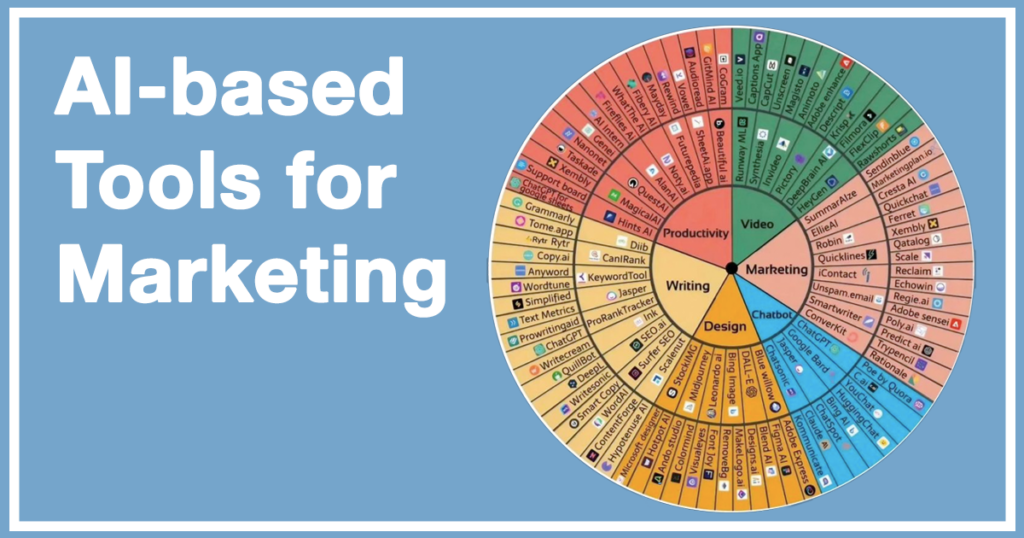
Creating Tailored Personalization Strategies with AI
Personalization is one of the most powerful applications of AI in marketing, as demonstrated by ChatGPT. Businesses may build personalized experiences that adapt to the individual wants and tastes of everyone by analyzing large volumes of customer data.
Companies, for example, can recommend products that are likely to be of interest to a consumer based on their browsing history and purchasing activity in real time. This approach is not new, but it may evolve to a new extreme. Similarly, by analyzing demographic data and social media activity, businesses can automatically personalize marketing messages and offers to a customer’s individual interests and preferences.
Not only can personalization improve the user experience, but it also increases engagement, loyalty, and sales. Personalized emails have on average a 30% higher open rate than non-personalized emails, according to studies. In the long run, AI tools may enable organizations to create more customized experiences than ever before, enhancing growth and success in the hyper-competitive world of marketing.

AI-driven Customer Support Made Easy
Another area where AI is having a huge impact in marketing is customer service. Companies can train AIs to answer frequently asked questions and engage in human-like conversations to provide round-the-clock customer service. In fact, IT giants are doing or working on that already. For other businesses, this has the potential to streamline business resources, improve internal procedures, and increase overall consumer happiness.
Chatbots can also assist customers in navigating the sales process. The may assist by offering personalized advice and assistance at each stage of the journey. By offering smooth and personalized customer service, businesses may enhance their client relationships and increase brand loyalty.
Likewise, AIs can be trained in several languages. This allows businesses to deliver customer support to clients all over the world, hence improving customer experience and satisfaction. Overall, customer service is a key component of marketing. Consequently, AI technology has the potential to give organizations powerful tools for improving the customer experience and driving growth.
Revolutionizing Content Creation and SEO Strategies
Another area where AI is expected to revolutionize marketing is content development. AI systems can review large amounts of data in seconds to improve existing content, give suggestions, summarize ideas, and increase overall readability. This can help businesses create more engaging, relevant, and personalized content.
Furthermore, AIs might evaluate the best keywords and tags for SEO tactics. This may support businesses in ranking higher in search engine results and bringing more organic traffic to their websites. They can also automate the process of creating social media posts and product descriptions, freeing up time and resources for marketers to focus on higher-impact tasks.
Businesses, on the other hand, must approve AI-generated content to ensure conformity with their messaging and image. For reviewing results and producing marketing messages that are consistent with a company’s goal and vision, the human element remains vital.
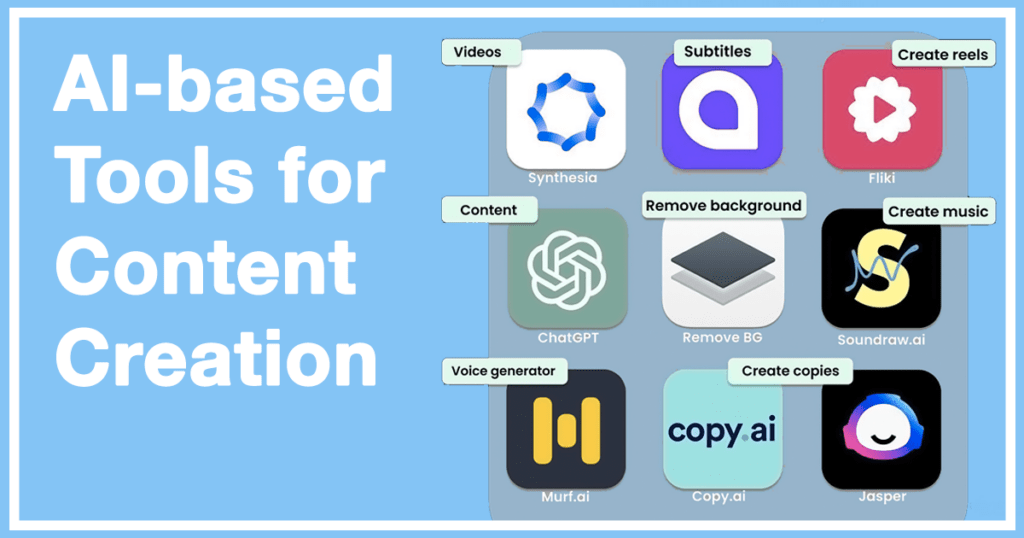
AI-Powered Automation of Routine Tasks
Marketing-automation is another key area where AIs will change the world of marketing. Companies can save time and money by automating routine tasks such as emailing, creating social media postings, and updating product descriptions.
Besides that, AIs can be trained to provide additional personalization by developing original material. They may also assist organizations with data analysis, allowing them to gain a deeper understanding of consumer behavior and preferences. This can aid in marketing plan development and decision-making processes.
But organizations must be conscious of the limitations of automation and verify that they are deploying AI responsibly and ethically. In this case, the human element is still required for assessing the outcome, make decisions, and develop consistent marketing messaging.
Limitations and Opportunities of AI in Marketing
While AIs can be utilized as new effective marketing tools, it is critical to understand its limitations. ChatGPT, for example, lacks emotional intelligence and may respond incorrectly or illogically. Companies must authenticate AI-generated material to guarantee compliance with brand messaging and image.
While ChatGPT can improve marketing efficacy, companies should not use technology as a substitute for human interaction. They still require the human element for analyzing outputs, crafting marketing messages that align with their corporate strategy and vision, and building genuine consumer relationships and engagement.
Despite its limits, it is an exciting development in the world of marketing. So, businesses will need to keep up with AI-powered tools and strategies to compete. Businesses may connect with customers in new and imaginative ways and generate growth by implementing AI into their marketing strategies.

The Future of AI in Marketing and the Rise of Predictive Analytics
Yet, ChatGPT is only the tip of the iceberg in terms of what AI can achieve in marketing. As AI technology advances, it allows organizations to offer more personalized experiences, enhance marketing processes, and acquire more in-depth insights into customer behavior. Predictive analytics is one area where AI is already having an influence. AI systems can evaluate instantly massive volumes of client data to forecast future trends and uncover potential business opportunities. Consequently, businesses will use predictive analytics to stay ahead of the competition and make better decisions.
The Bottom Line: AI and ChatGPT
AI is altering the world of marketing, and ChatGPT is one of the most recent advancements in this industry. Businesses may develop more personalized experiences, enhance marketing processes, and gain deeper insights into customer behavior by utilizing ChatGPT and other AI-powered solutions.
Overall, AI tech and ChatGPT are exciting marketing developments. They that provide companies new, innovative tools and tactics for connecting with customers and driving growth. Businesses will be able to develop more personalized experiences, optimize resources, and gain more profound insights into customer behavior by enhancing marketing processes using AI-powered technologies. Yet, companies must grasp AI’s limitations and use it responsibly and ethically to supplement, not replace, the human role in marketing.
Frequently asked questions
How can AI be used to improve customer experience in digital marketing?
In digital marketing, AI can be a valuable instrument for enhancing the customer experience. By utilizing AI to personalize content, provide customer service, analyze real-time data, automate repetitive tasks, use predictive analytics, and deliver hyper-personalized experiences, businesses can enhance customer experience and thrive in their respective industries.
What are some AI-powered tools for content optimization and personalization in digital marketing?
The following are some AI-powered tools for content optimization and personalization in digital marketing:
Jasper.ai is an AI-powered content generation and optimization tool that helps content producers make better content.
With MarketMuse’s predictive analytics capabilities, you can forecast the performance of your content even before you publish it, making more informed decisions and tailoring your content to meet your audience’s needs.
Concured is a content strategy platform designed to help businesses create and optimize content using AI-powered tools.
Persado uses AI to generate language and content that resonates with customers, improving engagement and conversion rates
How do AI-powered content optimization tools analyze user behavior and preferences?
AI-powered content optimization tools analyze user behavior and preferences. Here’s how they work:
Content Analysis: Tools assess existing content performance and provide improvement recommendations.
Keyword Selection: AI tools suggest relevant keywords for optimizing on-page content and improving SEO performance.
Personalization: AI-backed tools personalize website content based on user behavior and preferences, displaying personalized recommendations.
Data Analysis: AI-powered tools analyze vast customer data to optimize marketing campaigns based on trends and preferences.
Machine Learning: AI tools understand user behavior and preferences by analyzing data from various sources, creating personalized experiences.
Recommended resources
- Entrepreneur: How Can Marketers Use ChatGPT?
- RockContent: How AI and ChatGPT Will Affect SEO on Google
- Influencer MarketingHub: Best OpenAI ChatGPT Strategies for Digital Marketing
No related posts.



